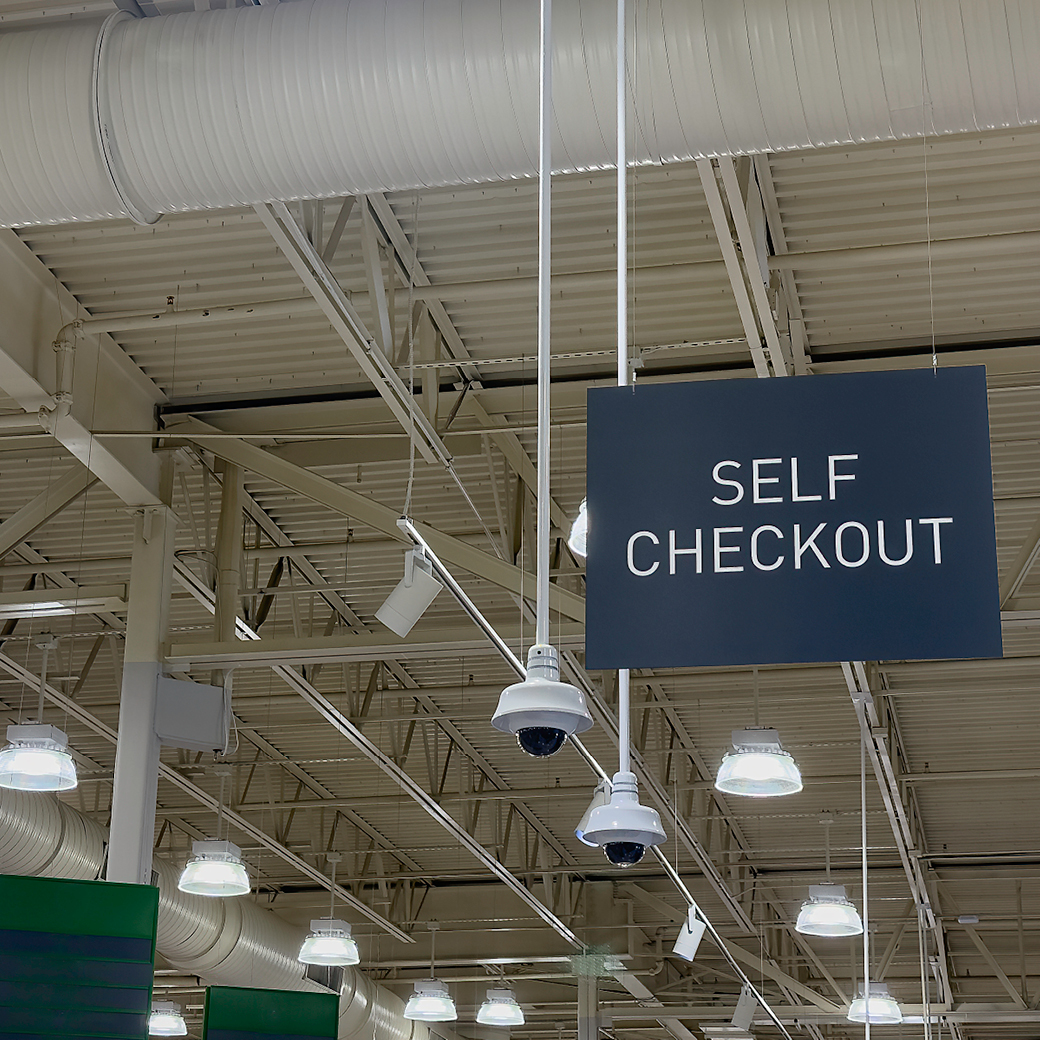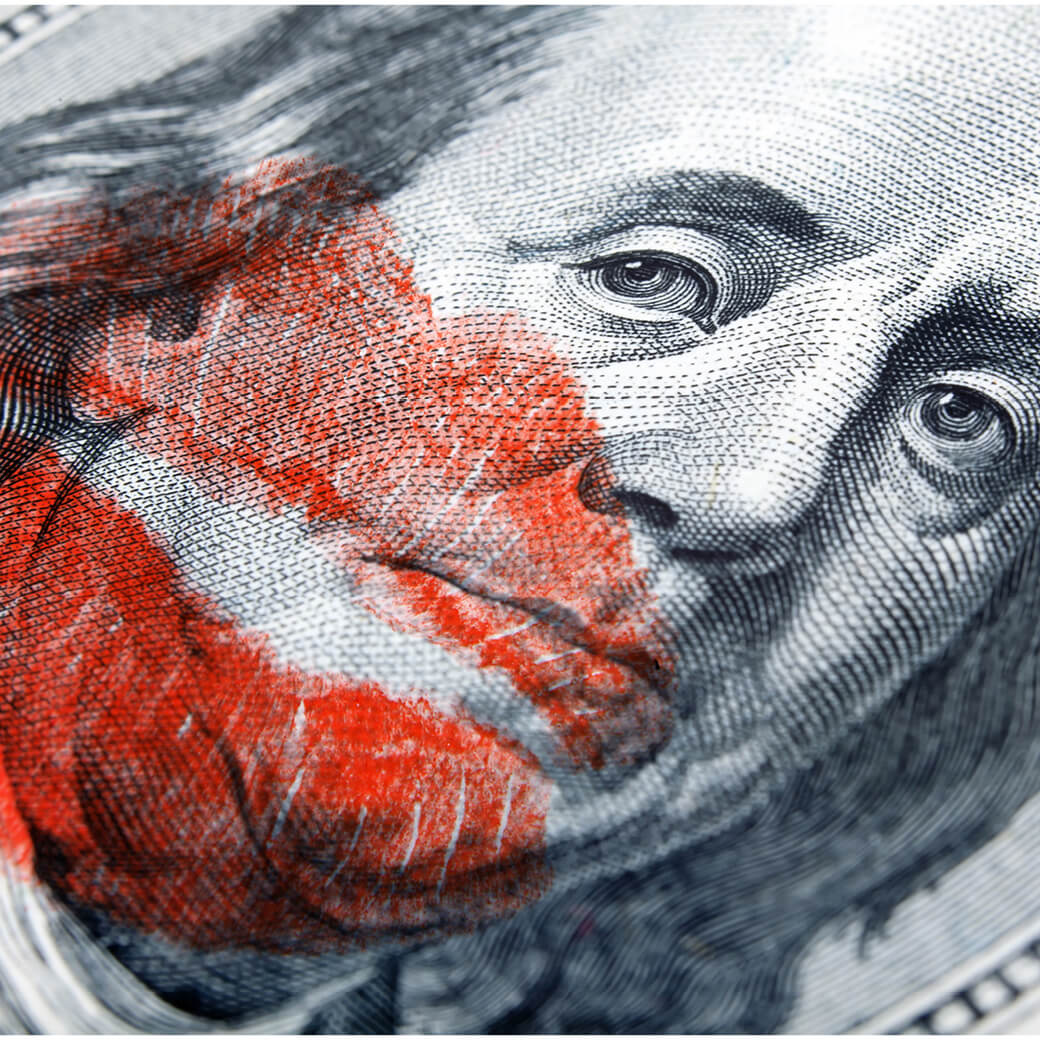
It's an important conversation. Without freedom to fail I'm not sure you have freedom at all.
I talk about this a lot in my lectures, particularly when talking to students. It seems that more than ever our students are frightened of failing. And so they don't risk it. And they don't feel the exhilaration of just going for it. The esteem that comes from persistence. The strength that comes from eating pavement, dusting off and carrying on.
I see fear of failure in my own 10 year old son and his friends and am working hard to ameliorate it. It is such the enemy of what made America great. As someone recently said to me, "perfect is the enemy of done.”
I sometimes use the analogy of climbing. If you want to go up 50 feet in one pitch, you have to let out 50 feet of rope. Well now you have to accept the risk of falling 99 feet until your safety kicks in. If you can only accept the risk of falling 6 feet you can only go up 3 feet. But too many people are looking for some magic bullet where success comes without risk. (PLEASE remember to contact me when you find it.) Until then, I remind students that the journey between where they are and bankruptcy is so small they might hardly notice the difference. So while that is the case they should take advantage of it.
Ninety-nine percent of Thomas Edison's working life was spent learning from failures. But we remember the huge successes that came from them. In fact the successes are how we remember and define him. The only way to guarantee failure is to never try - a pithy platitude I know. But nonetheless true. By and large in life, we regret the things we don't do much more than those we do… So for your kids and YOU: give that idea you thought of while you were commuting last week a try. Let me know how it goes. Really, I'd like to know. And particularly how you or your kid felt for trying it.

“Everybody does it” may be the most dangerous moral shortcut we’ve collectively agreed to tolerate.

When humans face true cataclysm, we pull together. When it’s about money and power, not so much.
People seek to have power over their own lives. Teens, adults, older adults – everyone. What happens when they feel powerless? What happens when you or your communications make them feel they have less power?
The way we talk to others demand that they accept an identity for themselves, and sets up a particular relational dynamic. If we're not careful, that identity can be stigmatizing or turn away the very people we're trying to help.
Get the latest posts and updates delivered to your inbox.